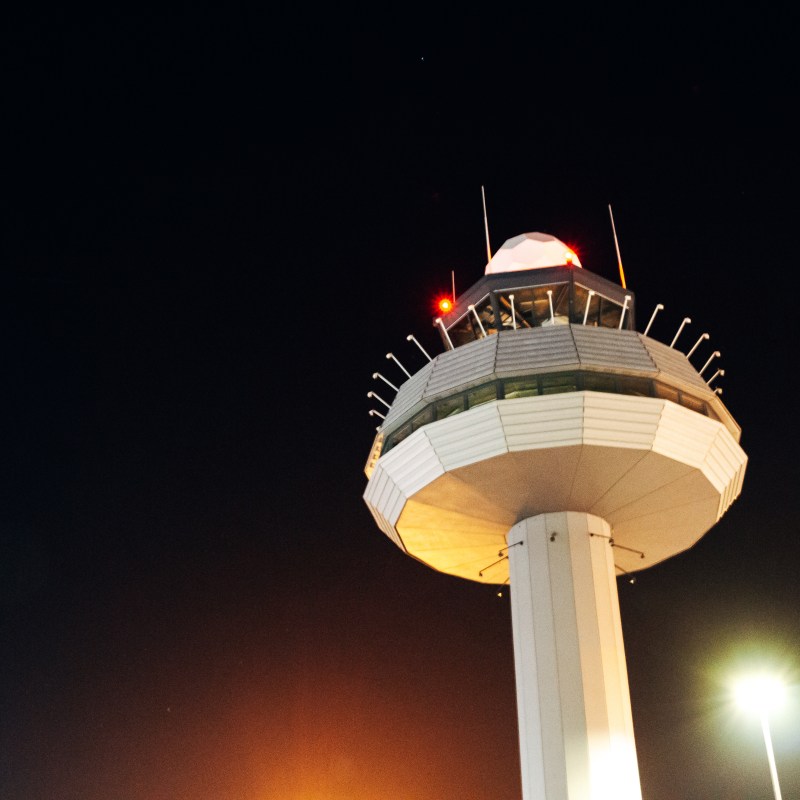
Passengers worried about air travel delays were given a big win with the announcement that the US Senate passed a bill to end the government shutdown.
Videos by TravelAwaits
But it’s not all silver linings.
The measure, which needs to be approved by the House of Representatives before being signed off by the President, might not improve air travel concerns this week. Even if the bill is passed by the end of the week, federal agencies (including the TSA and ATC) are unlikely to immediately return to normal operations.
In other words, though an end to the shutdown looks imminent, you might still face cancellations or extensive delays at the airport.
On Monday, November 10th, over 2,300 flights were canceled throughout the day, while over 8,700 were delayed. That’s on top of the over 1,000 flights canceled on Friday, November 7th, and over 1,500 flights canceled on Saturday, November 6th. However, its less than the over 2,900 flights canceled on Sunday, November 9th.
That list includes flights heading into the United States from international destinations, according to FlightAware. However, some recent flight route changes are due to inclement weather, including major storms around the Great Lakes.
When will the ATC be fully functional again?
Currently, around 13,000 air traffic controllers are working without pay. According to recent FAA reports, between 20-40% of staff have failed to report for work, causing widespread delays, cancellations, and general confusion at major US airports.
This past weekend, 81 airports reported staff shortages in air traffic control centers, which isn’t likely to change until the government shutdown is officially ended and employees are paid.
As of Tuesday, November 11th, it’s expected that the House of Representatives will vote on a bill to end the shutdown by Thursday. The President could sign the bill as early as Friday, November 14th. That means that ATC and TSA could be fully staffed by the following week.
However, some, including the head of the National Air Traffic Controllers Association, believe that the government shutdown could lead to ongoing problems. For example, ATC staff might still grapple with financial strain even after the shutdown ends, which might prompt further understaffing concerns.
